Filter by
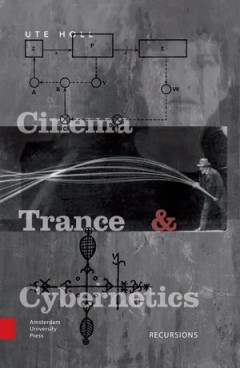
Cinema, Trance and Cybernetics
Ute Holl explores cinema as a cultural technique of trance, unconsciously transforming everyday spatio-temporal perception. The archaeology of experimental and anthropological cinema leads into psycho-physiological laboratories of the 19th century. Through personal and systematic catenations, avant-garde filmmaking is closely linked to the emerging aesthetics of feedback in cybernetic models of…
- Edition
- -
- ISBN/ISSN
- 9789089646682
- Collation
- -
- Series Title
- -
- Call Number
- 791.43 HOL c
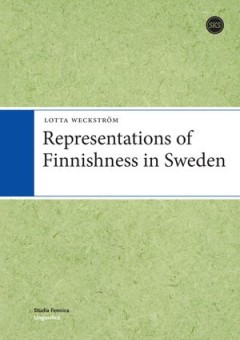
Representations of Finnishness in Sweden
"More than half a million Swedes – one in twenty – is of Finnish descent. This book explores Finnishness, multilingualism and identities of young people with Finnish background in Sweden. What does it mean to grow up in a Finnish family in Sweden? Who are ‘real Finns’ and what does it take to be(come) one? Is a shared minority language essential for the survival of the minority, or can …
- Edition
- volume 16.0
- ISBN/ISSN
- 9789522223265
- Collation
- -
- Series Title
- -
- Call Number
- -

Originality, Imitation, and Plagiarism: Teaching Writing in the Digital Age
"At long last, a discussion of plagiarism that doesn't stop at 'Don't do it or else,' but does full justice to the intellectual interest of the topic!" ---Gerald Graff, author of Clueless in Academe and 2008 President, Modern Language Association This collection is a timely intervention in national debates about what constitutes original or plagiarized writing in the digital age. Somewhat ironi…
- Edition
- -
- ISBN/ISSN
- 9780472900480
- Collation
- -
- Series Title
- -
- Call Number
- -
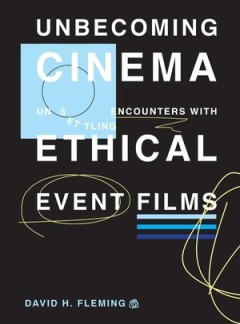
Unbecoming Cinema: Unsettling Encounters With Ethical Event Films
Unbecoming Cinema constitutes a welcome addition to texts that provide a film-philosophical perspective on films that otherwise take on and involve difficult subject matter, including in this case suicide, autistic worldviews, hallucinatory aesthetics and vomit-gore. The book in effect argues successfully and intelligently that even though hard to watch, many of these films can provide for view…
- Edition
- -
- ISBN/ISSN
- 9781783207756
- Collation
- -
- Series Title
- -
- Call Number
- 791.43 FLE u
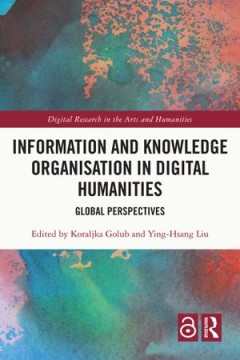
Information and Knowledge Organisation in Digital Humanities: Global Perspect…
Information and Knowledge Organisation explores the role of knowledge organisation in the digital humanities. By focusing on how information is described, represented and organised in both research and practice, this work furthers the transdisciplinary nature of digital humanities.Including contributions from Asia, Australia, Europe, North America and the Middle East, the volume explores the po…
- Edition
- -
- ISBN/ISSN
- 9781000521153
- Collation
- -
- Series Title
- -
- Call Number
- 708 INF i
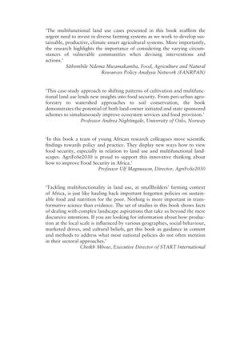
Linguistic Construction of Ethnic Borders
This volume focuses on the linguistic constructs involved in ethnic borders. Ethnic borders have proven themselves to be surprisingly long-lived: in nearly all European countries and beyond, border demarcation, exclusion of foreigners, and minority conflicts are some of the most persistent challenges for nations and societies. Which linguistic factors play a role in the formation of these borde…
- Edition
- -
- ISBN/ISSN
- 9783653045956
- Collation
- -
- Series Title
- -
- Call Number
- -
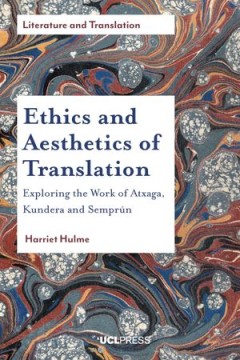
Ethics and Aesthetics of Translation
Ethics and Aesthetics of Translation engages with translation, in both theory and practice, as part of an interrogation of ethical as well as political thought in the work of three bilingual European authors: Bernardo Atxaga, Milan Kundera and Jorge Semprún. In approaching the work of these authors, the book draws upon the approaches to translation offered by Benjamin, Derrida, Ricœur and Del…
- Edition
- -
- ISBN/ISSN
- 9781787352070
- Collation
- -
- Series Title
- -
- Call Number
- -

2 Implications of text categorisation for corpusbased legal translation research
This chapter highlights the relevance of text categorisation for research in legal translation by focusing on institutional translation settings, namely: the European Union (EU), the United Nations (UN) and the World Trade Organization (WTO), and their corresponding adjudicative bodies.1 After briefly reviewing recurrent issues and models of legal text classification (section 2), a multidimensi…
- Edition
- -
- ISBN/ISSN
- 9781138492103
- Collation
- -
- Series Title
- -
- Call Number
- -
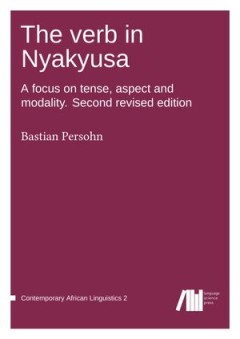
The Verb in Nyakyusa
Nyakyusa is an underdescribed Bantu language spoken by around 800.000 speakers in the Mbeya Region of Tanzania. This book provides a detailled description of the verb in this language. The topics covered include the complex morphophonological and morphological processes as well as verb-to-verb derivation, copula verbs and grammaticalized verbs of motion. The main body of the book consists of a …
- Edition
- -
- ISBN/ISSN
- 9783961100156
- Collation
- -
- Series Title
- -
- Call Number
- -
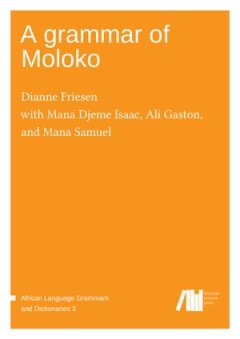
A Grammar of Moloko
This grammar provides the first comprehensive grammatical description of Moloko, a Chadic language spoken by about 10,000 speakers in northern Cameroon. The grammar was developed from hours and years that the authors spent at friends’ houses hearing and recording stories, hours spent listening to the tapes and transcribing the stories, then translating them and studying the language through t…
- Edition
- -
- ISBN/ISSN
- 9783946234623
- Collation
- -
- Series Title
- -
- Call Number
- -
 Computer Science, Information & General Works
Computer Science, Information & General Works  Philosophy & Psychology
Philosophy & Psychology  Religion
Religion  Social Sciences
Social Sciences  Language
Language  Pure Science
Pure Science  Applied Sciences
Applied Sciences  Art & Recreation
Art & Recreation  Literature
Literature  History & Geography
History & Geography